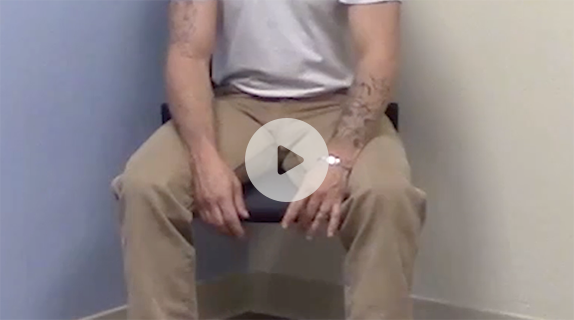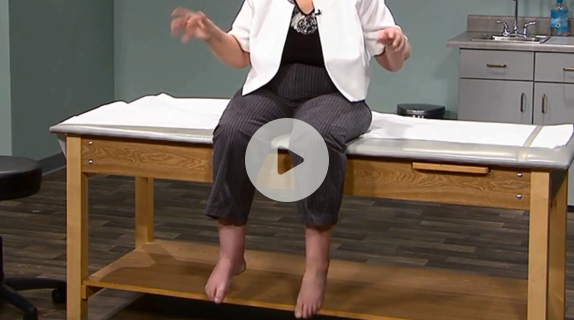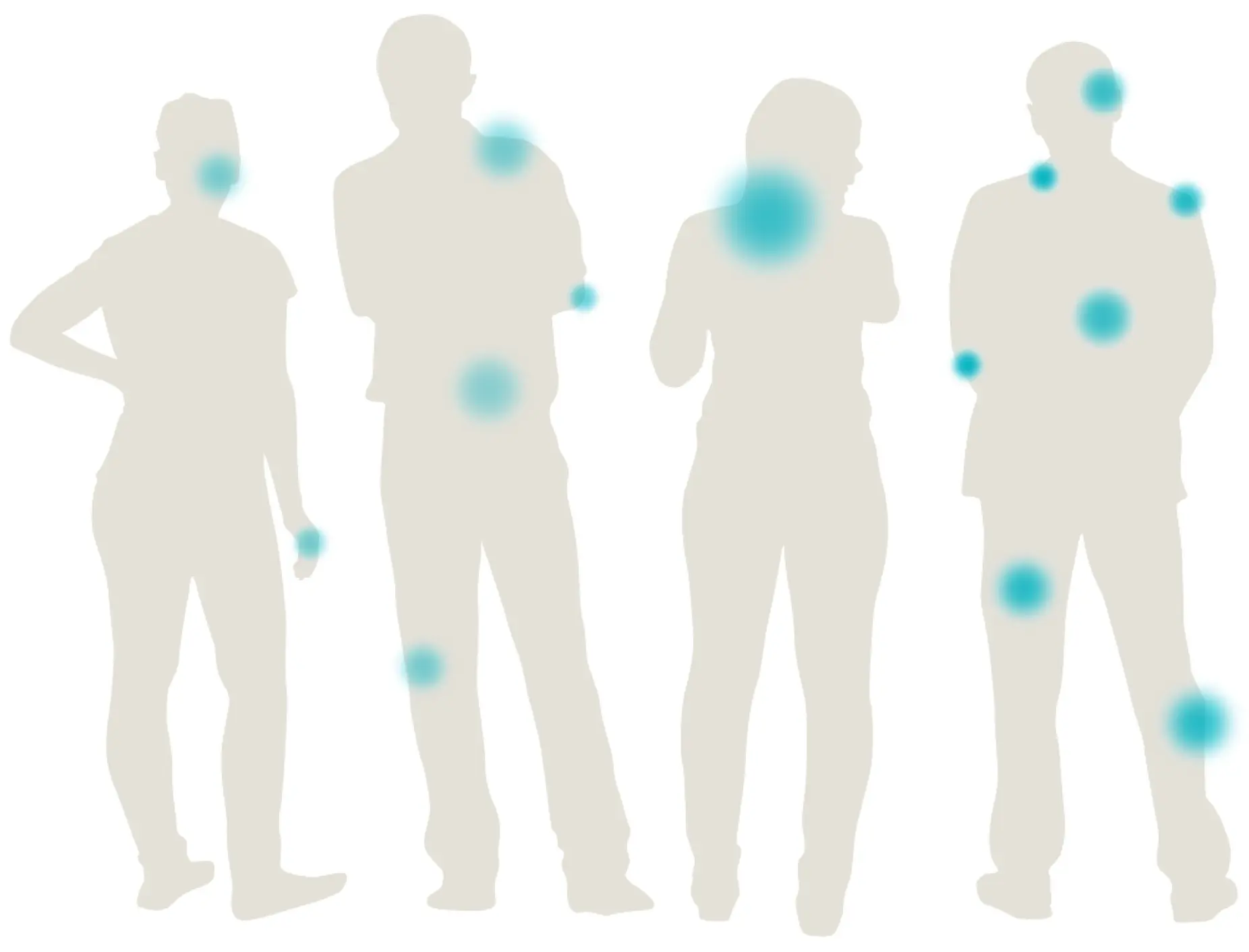Hands and fingers
What is Tardive Dyskinesia (TD)?
Mild to severe twitching, shaking, or jerking in the hands, feet, face, or torso are signs of TD.
Embarrassment and avoiding going out in public may be emotional signs of TD. The whole person can be affected by TD.
MILD TO SEVERE UNCONTROLLABLE MOVEMENTS CAN OCCUR IN THE:
Feet
Torso
Eyes
Mouth and tongue
Recognizing symptoms of TD
Does any of this sound familiar? Click below to see how the uncontrollable movements of TD may appear. Only your healthcare provider can confirm if you have TD.





Download the APPOINTMENT PREPARATION GUIDE
Use it at your next visit to help start the conversation.
What causes Tardive Dyskinesia (TD)?
TD is caused by certain prescription mental health or gastrointestinal medications. It’s important to remember that all medications can cause unwanted side effects. If you’re like most people, you decide to take a medication because the benefits outweigh the risks.
Medications that may cause TD:
- Antipsychotics
- Antidepressants
- Antiemetics (for the prevention of vomiting)
Conditions that may be linked to TD:
- Mental health
- Schizophrenia
- Bipolar disorder
- Depression
- Anxiety disorder
- Gastrointestinal
- Gastroesophageal reflux disease (GERD)
1 in 4 people who are taking certain mental health medications, such as antipsychotics or antidepressants, may develop the uncontrollable movements of TD. This can occur as early as 3 months after a person starts taking one of these medications, and the risk increases the longer the individual is taking it. TD is equally likely to occur in men and women.
TD is personal and affects everyone differently

TD symptoms vary from person to person and may be mild, moderate, or severe. Some people have uncontrollable movements in 1 area of the body while others have them in multiple areas.
TD MOVEMENTS CAN RANGE IN LOCATION AND INTENSITY
Even mild symptoms can have a physical impact (restlessness, difficulty holding utensils) and emotional impact (resisting going out in public, comments from friends and family). You do not have to go through this alone—you can talk to your healthcare provider about how TD is impacting your daily life.
questionnaire
Which of your everyday activities are affected by uncontrollable movements?*
RESULTS:
Reading and/or writing
0%Eating and/or drinking
0%Speaking or being understood by others
0%Sleeping
0%Socializing or spending time in public
0%Cooking
0%Working
0%Other
0%None of the above
0%THE UNCONTROLLABLE MOVEMENTS OF TD CAN HAVE SIGNIFICANT PHYSICAL, FUNCTIONAL, EMOTIONAL, AND SOCIAL IMPACTS.
*Information provided will be used only for the purposes of this poll. Answers will be displayed on this website in aggregate and will not personally identify you. If you do not agree to these terms, please do not participate in the poll.
TD DOES NOT NEED TO AFFECT YOUR PROGRESS
Ask your healthcare provider about treatment for Tardive Dyskinesia.
LEARN MORE ABOUT ATD TREATMENT
TD CAN HAVE AN EMOTIONAL AND PHYSICAL IMPACT
Read about the impact of TD.
find out moreYou are about to leave this site
You are about to leave tardiveimpact.com
and enter a website operated by a third party.
Would you like to continue?
You are about to leave this site
You are about to leave tardiveimpact.com and go to a site
informing you about a prescription treatment option.
Would you like to continue?
Would you like to learn about a treatment for Tardive Dyskinesia (TD?)
You will now leave tardiveimpact.com and go to a site
informing you about a prescription treatment option.
Would you like to continue?
